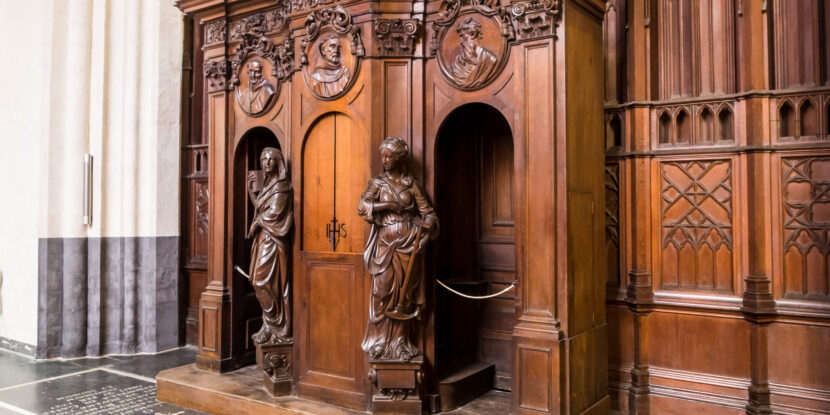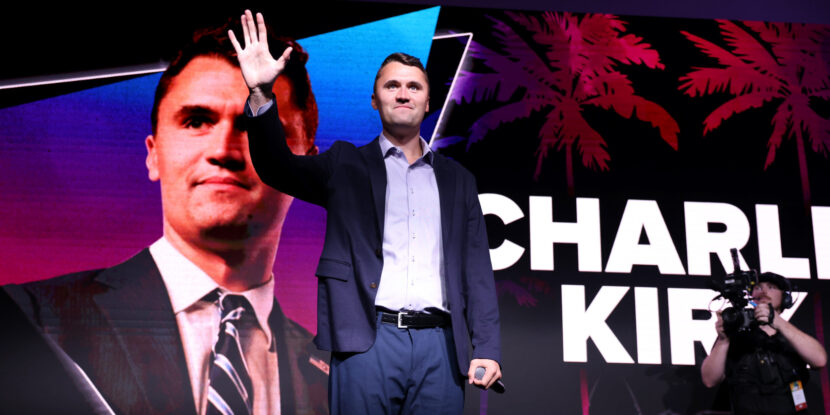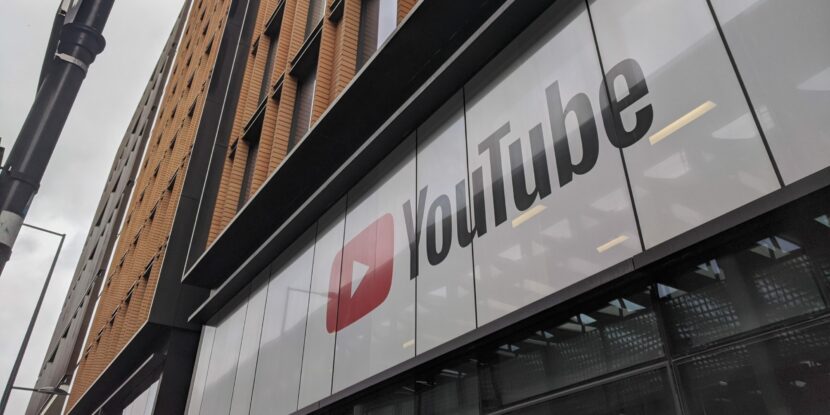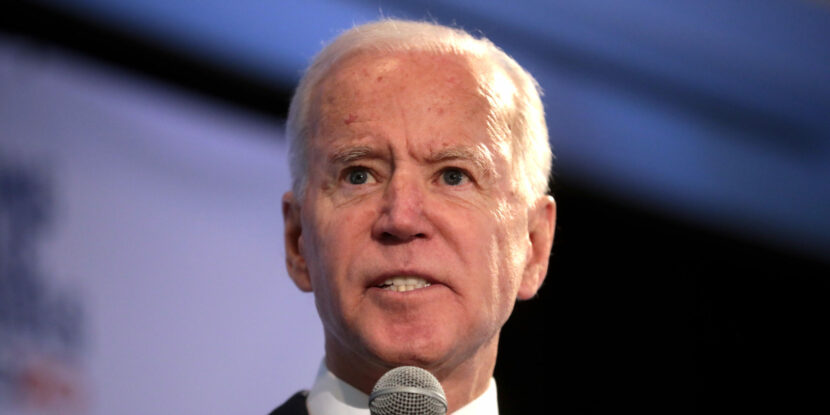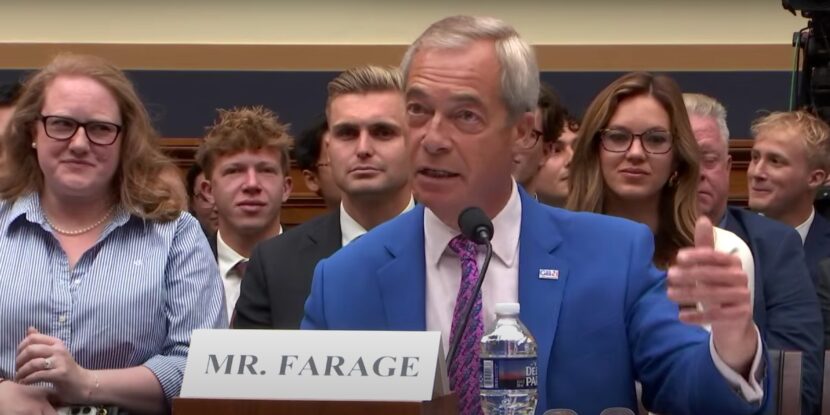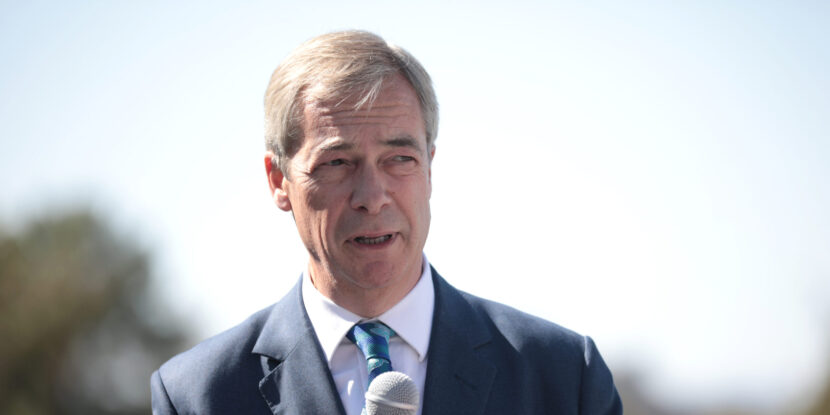❓WHAT HAPPENED: The British communications regulator, Ofcom, is insisting that the U.S. Constitution does not protect Americans from British censorship laws it is seeking to apply to American citizens and companies online.
👤WHO WAS INVOLVED: Ofcom, the 4chan imageboard, lawyer Preston Byrne, and Prime Minister Sir Keir Starmer’s government.
💬KEY QUOTE: “Every threat and penalty—including threats of multi-year prison terms—contained in these letters pertains to speech and conduct which is constitutionally protected in the United States,” said Preston Byrne, representing 4chan.
🎯IMPACT: Ofcom’s arguments directly contradict assurances from Prime Minister Starmer that the draconian Online Safety Act would not affect American Internet users.
Britain’s communications regulator, Ofcom, has asserted that the U.S. Constitution, including the First Amendment, does not prevent it from imposing sanctions under the draconian Online Safety Act, even against U.S.-based companies. This assertion comes amid a growing legal dispute with the 4chan imageboard, which has refused to comply with information requests issued by Ofcom.
Ofcom recently fined 4chan £20,000 ($26.7k) for failing to respond to its statutory notices and warned of further daily penalties. The regulator argues that the Online Safety Act, which came into force earlier this year, applies to any online platform accessible in the United Kingdom, regardless of where it is based. In its correspondence with 4chan, Ofcom stated that the platform’s claims of constitutional protections, especially under the First Amendment, were not relevant, and that it can apply its enforcement powers internationally regardless of U.S. law.
The Online Safety Act gives Ofcom broad authority to compel companies to monitor and remove supposedly harmful online content. Critics, including civil liberties advocates and U.S. lawmakers, have warned that the law imposes sweeping censorship obligations, going well beyond child pornography and other obviously criminal content. For instance, parliamentary debates on Muslim grooming gangs have already been taken down to satisfy its requirements.
In response to Ofcom’s actions, 4chan and Kiwi Farms, another U.S.-based platform, filed a lawsuit in federal court seeking to block the British regulator’s demands. The lawsuit argues that the Online Safety Act, as applied to American companies and speech, violates the First Amendment and attempts to impose British law extraterritorially. Legal counsel for the platforms has said the enforcement notices are void and unenforceable in the United States.
“Every threat and penalty—including threats of multi-year prison terms—contained in these letters pertains to speech and conduct which is constitutionally protected in the United States,” 4chan’s lawyer Preston Byrne argued.
Prime Minister Sir Keir Starmer’s government has defended the law, describing it as a necessary measure to protect children and users from online harm. Starmer also previously insisted that the legislation is not intended to censor Americans—claiming, “We wouldn’t want to reach across U.S. citizens, and we don’t, and that’s absolutely right”—but Ofcom’s actions against 4chan suggest this was untrue.
A federal court has yet to rule on whether Ofcom’s orders can be enforced or recognized under U.S. law. In the meantime, Ofcom has stated it will continue to pursue penalties and reserves the right to escalate enforcement, including blocking access to noncompliant sites.
A key legal stance of 4chan is — paraphrased by Ofcom — “Ofcom has no power to enforce UK laws in the US.”
Simple, right?
The UK Ofcom has officially stated that, “We do not accept this point.”
That’s right. According to UK Ofcom, they feel that they have the power to enforce… pic.twitter.com/hL5laZxjaa
— The Lunduke Journal (@LundukeJournal) October 17, 2025
Image by Simon Dawson / No 10 Downing Street.
Join Pulse+ to comment below, and receive exclusive e-mail analyses.
show less
